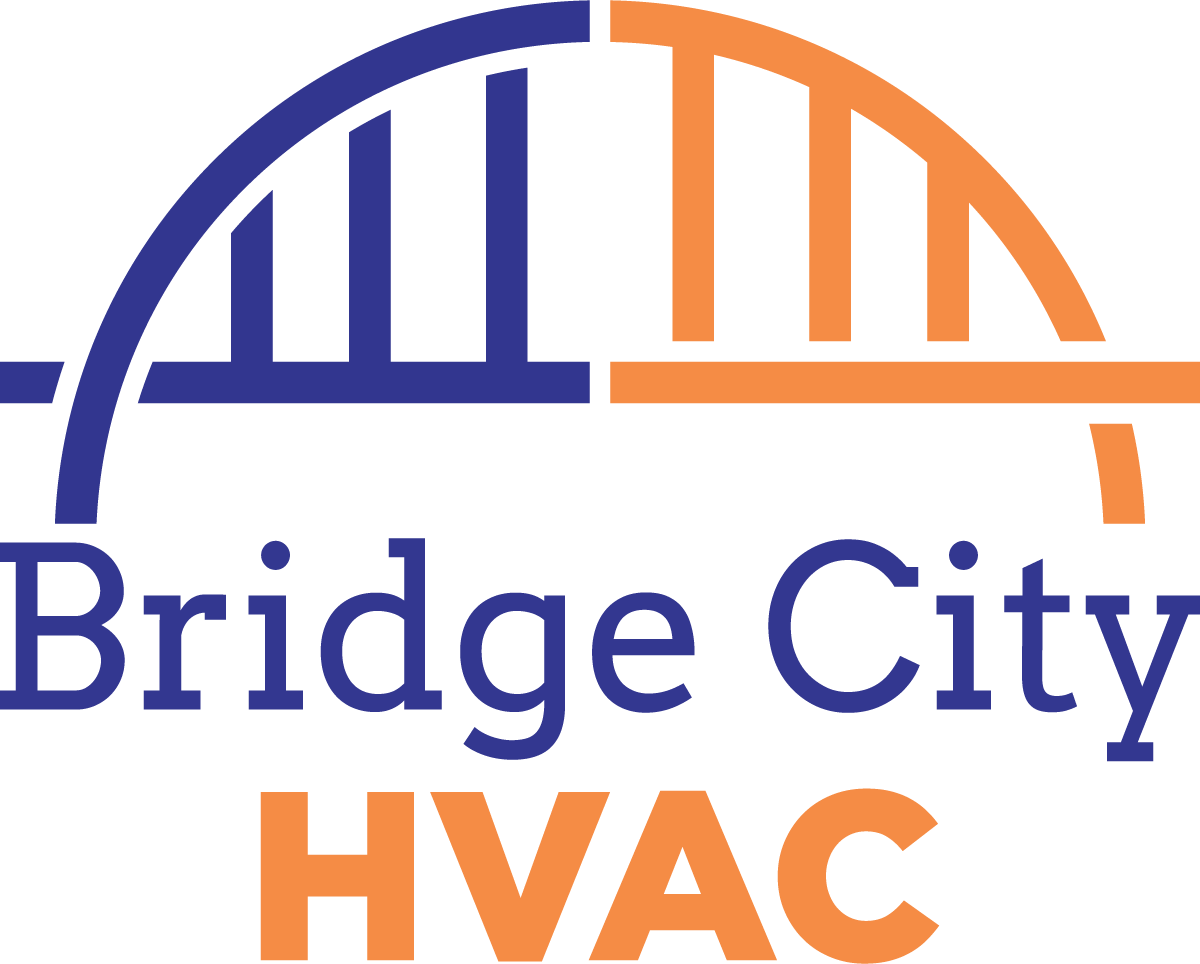5 Warning Signs Your HVAC Unit Needs Repair or Replacement
Your HVAC system works hard year-round to keep your home comfortable. But like any appliance, it won’t last forever. Knowing the early signs of trouble can save you from unexpected breakdowns and costly repairs. Here are five telltale signs your HVAC unit may need professional attention—or even full replacement.
1. Unusual Noises or Odors
If your HVAC system starts making banging, rattling, squealing, or grinding sounds, it’s likely something is wrong inside—like a loose part or failing motor. Likewise, strange smells (musty, burning, or chemical) could indicate mold, electrical issues, or overheating components.
What to do: Don’t ignore new sounds or smells. Schedule a diagnostic visit to catch problems before they escalate.
2. Inconsistent Temperatures or Poor Airflow
Are some rooms freezing while others feel stuffy or warm? Uneven temperatures or weak airflow are often symptoms of clogged ducts, blower issues, or a failing compressor. These signs not only reduce comfort but also strain your system.
What to do: If replacing filters doesn’t help, call in an HVAC technician to inspect ductwork and core components.
3. Frequent Repairs or Increasing Energy Bills
If your HVAC system has needed multiple repairs in the last year—or your energy bills are climbing with no change in usage—it may be losing efficiency. Older systems struggle to keep up, running longer and harder to maintain temperature.
What to do: Compare repair costs with the price of a new system. Replacing an inefficient unit can pay off quickly in energy savings.
4. System Age (10–15+ Years Old)
Most HVAC units last 10–15 years with regular maintenance. Once your system approaches this age, it becomes more prone to problems and less energy-efficient, even if it seems to be working “okay.”
What to do: Start budgeting for replacement before it fails. Newer systems are quieter, more efficient, and offer smart technology integration.
5. Excess Humidity or Dust
If your system is no longer managing humidity levels or you’re noticing more dust throughout your home, it might be a sign of a failing dehumidifier or poor air filtration. These issues can impact indoor air quality and your family’s health.
What to do: Have a professional evaluate your HVAC’s filtration and humidity controls. Upgrades or a new unit may be needed.
When to Repair vs. Replace
As a rule of thumb, if your repair costs exceed 50% of the price of a new system—and your unit is over 10 years old—it’s usually more cost-effective to replace it. Also, consider your long-term energy savings: newer systems often cut heating and cooling costs by 20–40%.
Final Thoughts
Regular maintenance can extend the life of your HVAC system, but knowing the warning signs helps you act before a minor issue becomes a major expense. Whether you need a tune-up, repair, or replacement, consulting with a certified HVAC professional is your best bet.


